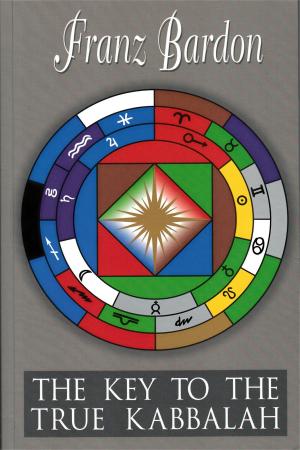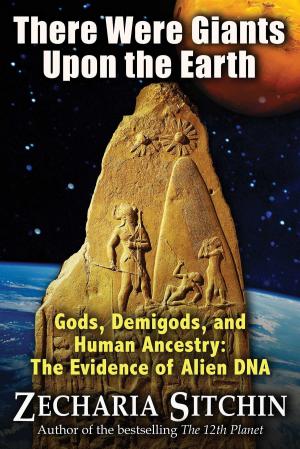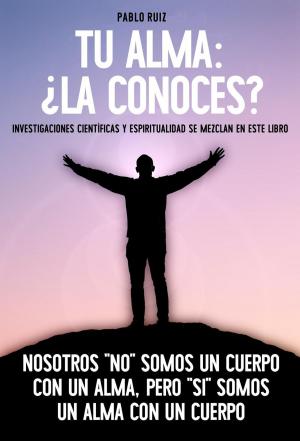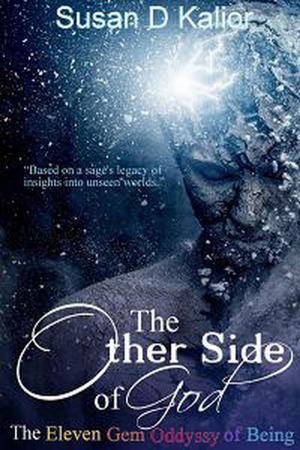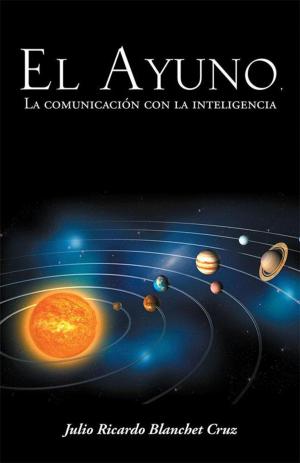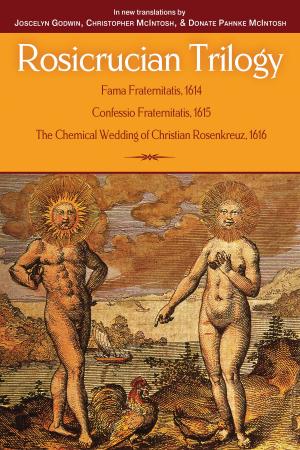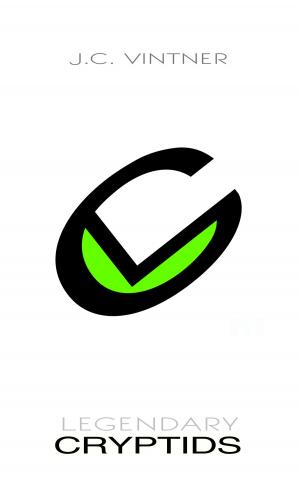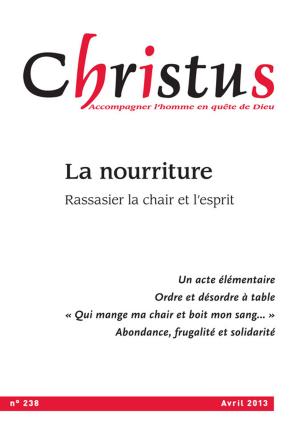Peyote Dreams
Journeys in the Land of Illumination
Nonfiction, Religion & Spirituality, New Age, Mysticism, Philosophy, Mind & Body| Author: | Charles Duits | ISBN: | 9781620551608 |
| Publisher: | Inner Traditions/Bear & Company | Publication: | September 20, 2013 |
| Imprint: | Park Street Press | Language: | English |
| Author: | Charles Duits |
| ISBN: | 9781620551608 |
| Publisher: | Inner Traditions/Bear & Company |
| Publication: | September 20, 2013 |
| Imprint: | Park Street Press |
| Language: | English |
A detailed account of the transformation of consciousness and discovery of life’s purpose brought on by peyote
• Shows how peyote and other visionary plants do not distort reality but gloriously unveil it, pulling the mind out of its cosmic slumber and revealing our unity with all life
• Explains the necessity when working with peyote to remain the master of one’s mind and consciously work on oneself
• Examines how modern society’s revulsion to sacramental plants and other consciousness expanders is deeply rooted in Western philosophy
Charles Duits was caught in the grip of a dead-end existential and spiritual crisis. At the urging of one of his oldest friends, he takes peyote “like a man committing suicide,” launching him on a visionary journey of philosophical examination and spiritual revelation.
In this little-known classic of drug literature, we find a detailed account of the radical alteration of consciousness and discovery of life’s purpose brought on by the Mexican cactus known as peyote. Consuming peyote more than 200 times, Duits lucidly describes the transformation of reality he experienced as well as the necessity to consciously work on oneself and remain the master of one’s mind in order to avoid getting carried away by hallucinations. The author examines how modern society’s revulsion to sacramental plants and other consciousness expanders is deeply rooted in Western philosophy’s embrace of reason and materialism at the expense of inner knowledge. He explains how sacramental plants do not distort reality as many fearfully believe but gloriously unveil it, pulling the mind out of its cosmic slumber and revealing a world that is finally real and full of meaning.
Poetic yet precise, Duits’s descriptions of his peyote experiences offer a glimpse in to the beautiful divine reality of which we are all a part, yet over which the structures of society cast a veil. This guide to “sailing the inner sea” reveals that the answers to the meaning of life lie not in material pursuits but in experiencing the richness and unity of the world in front of us.
A detailed account of the transformation of consciousness and discovery of life’s purpose brought on by peyote
• Shows how peyote and other visionary plants do not distort reality but gloriously unveil it, pulling the mind out of its cosmic slumber and revealing our unity with all life
• Explains the necessity when working with peyote to remain the master of one’s mind and consciously work on oneself
• Examines how modern society’s revulsion to sacramental plants and other consciousness expanders is deeply rooted in Western philosophy
Charles Duits was caught in the grip of a dead-end existential and spiritual crisis. At the urging of one of his oldest friends, he takes peyote “like a man committing suicide,” launching him on a visionary journey of philosophical examination and spiritual revelation.
In this little-known classic of drug literature, we find a detailed account of the radical alteration of consciousness and discovery of life’s purpose brought on by the Mexican cactus known as peyote. Consuming peyote more than 200 times, Duits lucidly describes the transformation of reality he experienced as well as the necessity to consciously work on oneself and remain the master of one’s mind in order to avoid getting carried away by hallucinations. The author examines how modern society’s revulsion to sacramental plants and other consciousness expanders is deeply rooted in Western philosophy’s embrace of reason and materialism at the expense of inner knowledge. He explains how sacramental plants do not distort reality as many fearfully believe but gloriously unveil it, pulling the mind out of its cosmic slumber and revealing a world that is finally real and full of meaning.
Poetic yet precise, Duits’s descriptions of his peyote experiences offer a glimpse in to the beautiful divine reality of which we are all a part, yet over which the structures of society cast a veil. This guide to “sailing the inner sea” reveals that the answers to the meaning of life lie not in material pursuits but in experiencing the richness and unity of the world in front of us.



